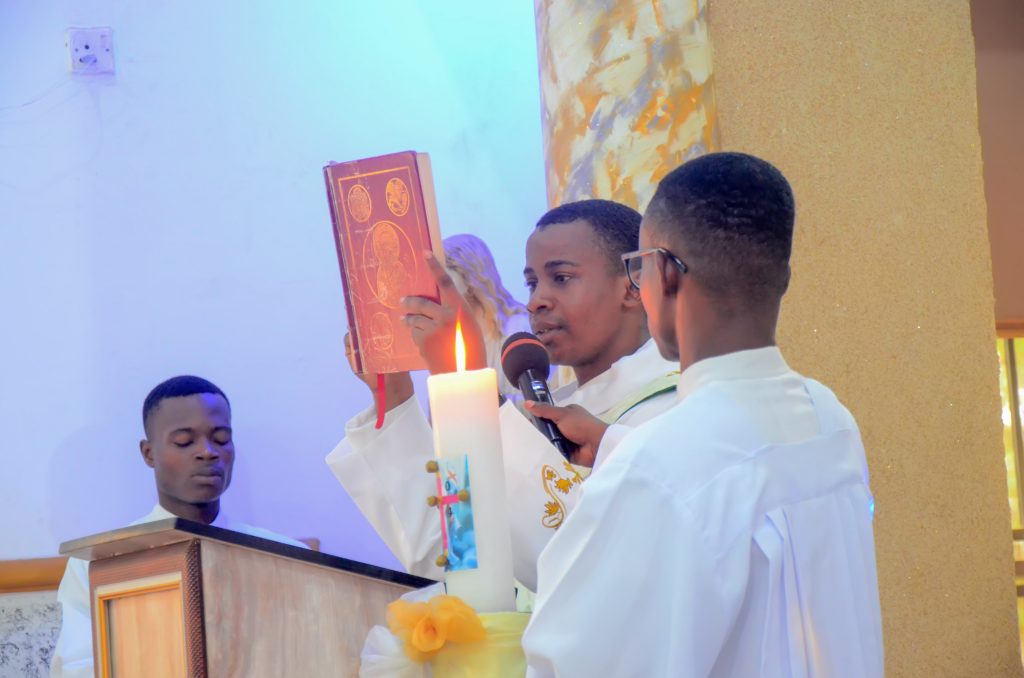Sunday, July 14, 2024
Fifteenth Sunday in Ordinary Time Year B

First Reading: Amos 7: 12-15
Responsorial Psalm: Psalm 85
Second Reading: Ephesians 1: 3-14
Gospel: Mark 6: 7-13
The second reading today is from the Letter of St. Paul to the Ephesians. The Lectionary will draw the second readings from this Book for seven consecutive Sundays. This Letter is extremely important because it demonstrates the grandeur and depth of Paul’ theological vision and is considered a pinnacle of Pauline theology. It is a six-chapter book which anyone can read in a sitting. Some of the themes Paul presents in this Book include his vision of Christ’s cosmic lordship, the Church as the mystical body of Christ and the mystery of God’s saving plan in Christ.
Our second reading begins right after his usual greetings, and it reads like a Psalm of praise; a Psalm of praise the Church has made her own so that Ephesians 1: 3-10 features prominently in the prayers of the Church: every Monday evening prayer and Evening prayer I of feasts of Mary, the Apostles and the saints. The Church continues to join Paul to sing the praise of God who alone is to be worshipped for all He has done for us in Christ Jesus. But this is not just a song of praise, each of the things for which Paul blesses God become important elements of Christian faith and doctrine. He praises God for His eternal plan of salvation, for the blessings of redemption in Christ Jesus, for the gratuitous nature of God’s plan, the universality of God’s plan and the centrality of Christ in cosmic history.
God’s eternal plan for salvation was conceived “before the foundation of the world.” This plan is rooted in God’s loving purpose to choose and adopt us as His children through Christ. It is through Christ that we have been blessed with every spiritual blessing in the heavenly places. Any blessing humanity had received before Christ was only an anticipation of the fullness of blessing, we now have in Christ. These blessings include redemption, the forgiveness of sins and adoption as God’s children. It also emphasizes that our salvation is a gift of God’s grace. We do not merit it, but God chose to save us by lavishing His grace upon us. This passage also shows Paul’s understanding that God’s plan for salvation is not limited to Israel alone or to a select few but is meant for all peoples. This universal scope of God’s plan is what inspires the missionary zeal of the Church.
Why does God do all these for us? Why does He choose us? Why does he send us to proclaim the Good News of salvation? Why has He blessed us with all the blessing in the heavenly place in Christ? St Paul tells us, “So that we might exist for the praise of His glory.” Everything we do or say must be oriented to proclaiming the glory of God. Let us always celebrate God’s eternal, gratuitous and universal plan for salvation accomplished through the incarnation, death and resurrection of Jesus Christ. This is how to respond to the call of God and all the blessings He has lavished on us.
Happy Sunday,

Fr. Chidi Onwuka, m.ss.cc.
